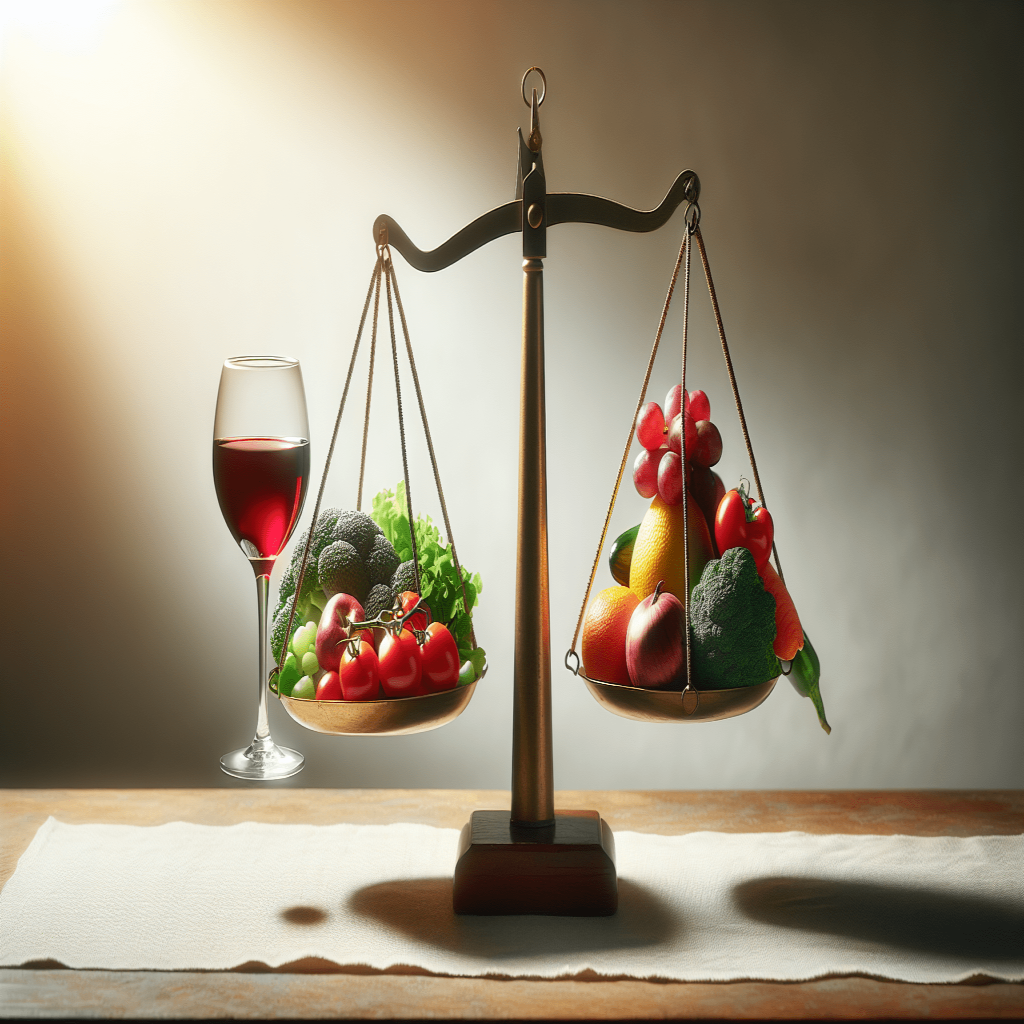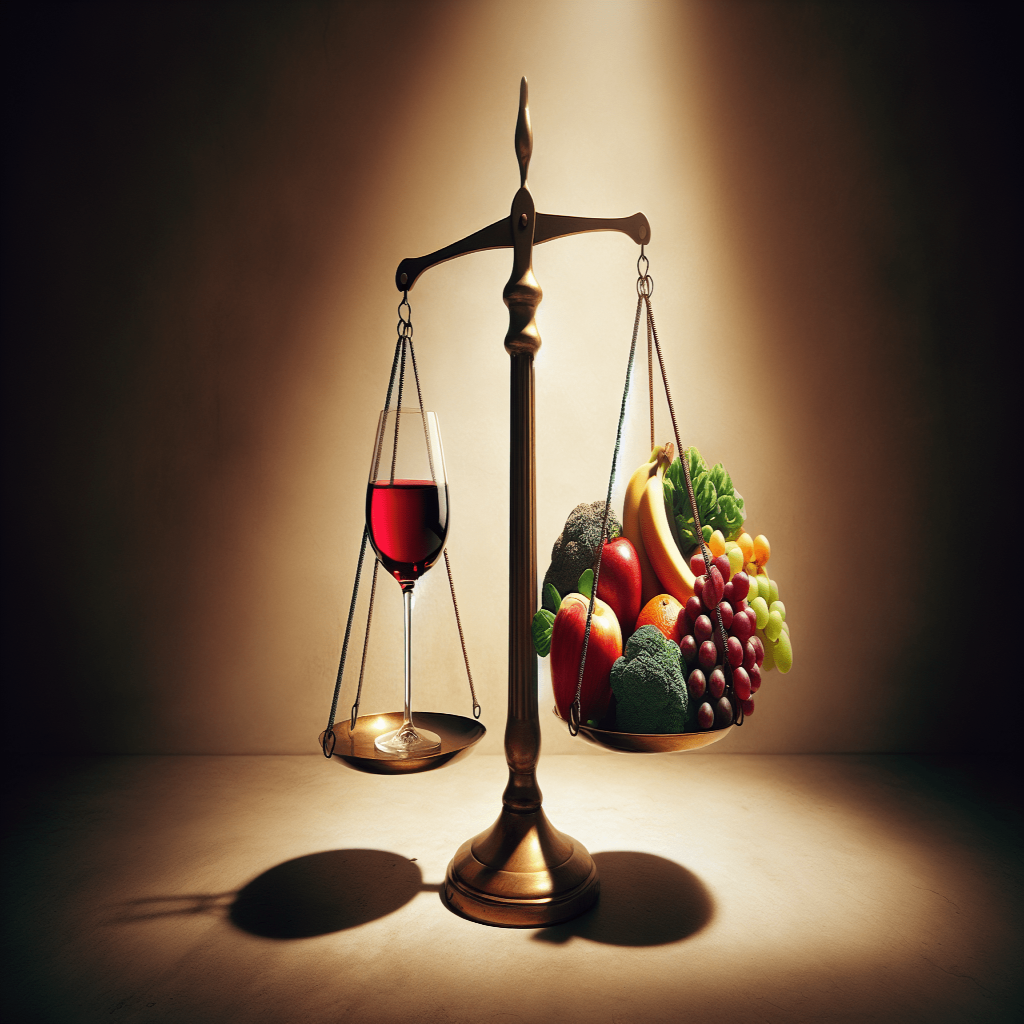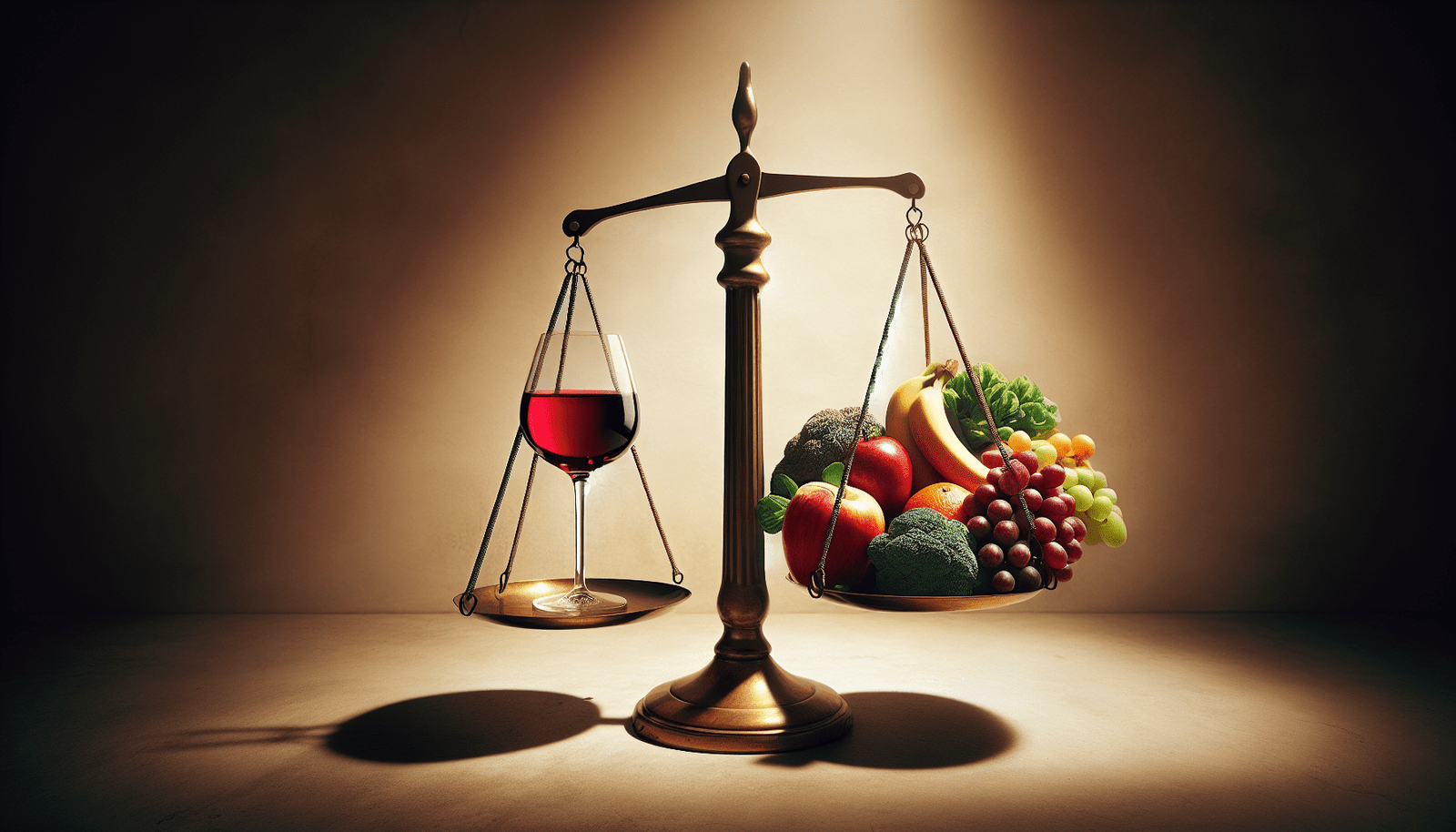Welcome to an enlightening discussion on how alcohol consumption can impact your weight loss journey. Many people enjoy a drink or two, but did you know that those calories can quickly add up and hinder your progress? Alcohol not only provides empty calories, but it can also lower your inhibitions and lead to poor food choices. Understanding the relationship between alcohol and weight loss is crucial for reaching your health and fitness goals. Let’s dive in and explore the ways in which alcohol consumption can affect your weight loss journey.
How Does Alcohol Consumption Affect Weight Loss?
Have you ever wondered how that glass of wine or bottle of beer might be impacting your weight loss goals? Let’s dive into how alcohol consumption can affect your journey to achieving a healthier weight.

The Impact of Alcohol on Weight Loss
Alcohol can have a significant impact on weight loss. Not only does it contain calories, but it can also affect your metabolism, making it harder for your body to burn fat efficiently. Understanding how alcohol affects weight loss can help you make more informed decisions about your consumption.
Calories in Alcohol
Alcoholic beverages contain calories, just like any other food or drink. The number of calories in an alcoholic drink can vary depending on the type and serving size. For example, a 12-ounce beer typically contains around 150 calories, while a five-ounce glass of wine might have about 120 calories. Cocktails, on the other hand, can have significantly more calories due to added sugars and mixers.
Knowing the calorie content of your favorite alcoholic beverages can help you make smarter choices when it comes to weight loss. Opting for lower-calorie options or moderating your consumption can make a difference in your overall caloric intake.

Alcohol and Metabolism
Alcohol can also impact your metabolism, which plays a crucial role in weight loss. When you consume alcohol, your body prioritizes metabolizing the alcohol over other nutrients, such as carbohydrates, fats, and proteins. This can lead to slower fat burning and could potentially hinder your weight loss efforts.
Understanding how alcohol affects your metabolism can help you make adjustments to your overall diet and lifestyle to support your weight loss goals. Paying attention to how your body responds to alcohol consumption can guide you in making healthier choices.

Alcohol and Hunger Levels
Have you ever noticed that you tend to feel hungrier after a few drinks? Alcohol can impact your hunger levels by increasing your appetite and lowering your inhibitions, leading you to consume more calories than you would when sober. This can sabotage your weight loss efforts by causing you to overeat or make poor food choices.
Being mindful of how alcohol affects your hunger levels can help you make better decisions when it comes to managing your caloric intake. Planning ahead and having healthy snacks available can prevent you from giving in to unhealthy cravings after drinking.

Tips for Incorporating Alcohol into Your Weight Loss Journey
Navigating alcohol consumption while trying to lose weight can be challenging, but it’s not impossible. By making some strategic choices and being mindful of your intake, you can still enjoy alcoholic beverages while working towards your weight loss goals.
Choose Lower-Calorie Options
Opting for lower-calorie alcoholic beverages can help you reduce your overall caloric intake while still enjoying a drink or two. Light beers, wine spritzers, and cocktails made with diet mixers are good alternatives to high-calorie drinks. Be mindful of portion sizes and try to limit your consumption to a moderate amount.
Stay Hydrated
Alcohol can dehydrate your body, so it’s essential to stay hydrated by drinking plenty of water before, during, and after consuming alcohol. Staying hydrated can help you feel full and prevent overeating while also supporting your body’s natural detoxification processes.
Plan Ahead
Before going out for a night of drinking, plan your meals and snacks for the day to ensure you’re not consuming excessive calories from food as well as alcohol. Eating a balanced meal before drinking can help slow down the absorption of alcohol and reduce its impact on your metabolism.
Practice Moderation
Moderation is key when it comes to incorporating alcohol into your weight loss journey. Instead of binge drinking or having multiple drinks in one sitting, try to limit your consumption to a moderate amount. Setting limits for yourself and sticking to them can help you stay on track with your weight loss goals.

Conclusion
Alcohol consumption can have a significant impact on weight loss, from adding extra calories to affecting your metabolism and hunger levels. By understanding how alcohol affects your body and making strategic choices when it comes to consumption, you can still enjoy alcoholic beverages while working towards your weight loss goals. Remember to stay mindful, practice moderation, and make informed decisions to support your overall health and well-being. Cheers to a healthier you!




